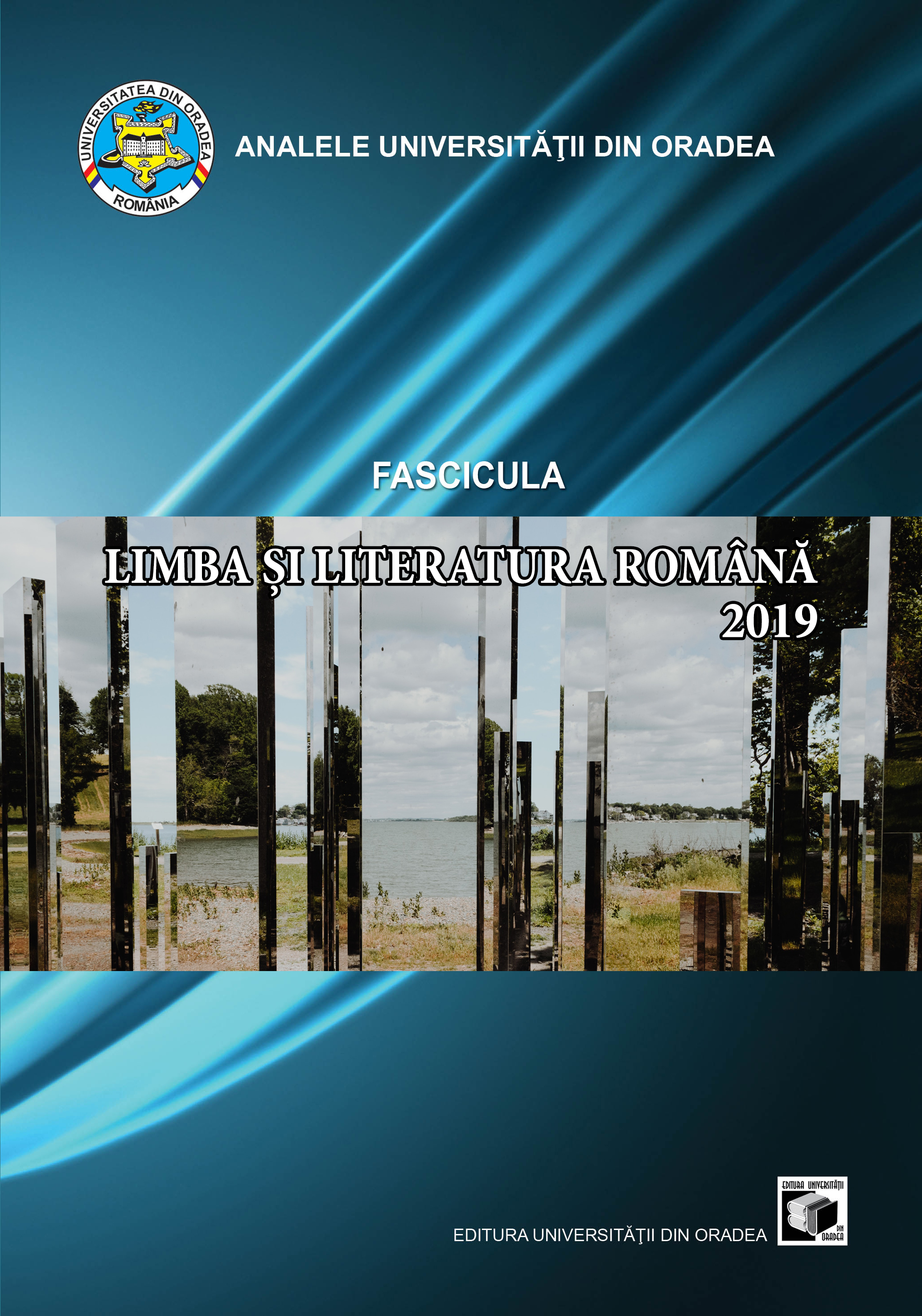CONSUMERISM – A (POST)MODERN ILLUSION
CONSUMERISM – A (POST)MODERN ILLUSION
Author(s): Ioana BetegSubject(s): Language and Literature Studies
Published by: Editura Universitatii din Oradea
Keywords: violence; alienation; male identity; oedipal crisis; eroticism; postmodernism;
Summary/Abstract: Post-modern life is fragmented. It is distorted. Postmodern literature shadows the reality of the Postmodern man. As the characters try to put their lives together, to mix and match shattered pieces of their identities at the same time we, as readers, have to combine and untangle the chronology of the books. Self-destruction could be either a consequence of the devastating consumerist tendencies or it could be one’s personal and subjective means of escaping the consumerist trend. There are, thus, two seemingly different paths one could take in his journey of initiation in self-destruction, but both of them meet at the crossroads with consumerism. Rabelais’ characters ate their way towards this divine sense of comfort, Miguel de Cervantes created a character that almost hallucinated his way towards selfdestruction, Herman Melville presented us with an obsession that grew bigger than the character’s desire for self-preservation and self-protection and Chuck Palahniuk introduces several types of Postmodern characters that try to own the path to selfdestruction. For the Postmodern man, the obsession that leads to self-destruction is not the love for a Dulcinea, nor a life-long desire to be known, but a chaotic desire to consume.
Journal: Analele Universităţii din Oradea Fascicula Limba si Literatura Română (ALLRO)
- Issue Year: 26/2019
- Issue No: 1
- Page Range: 99-110
- Page Count: 12
- Language: English
- Content File-PDF

